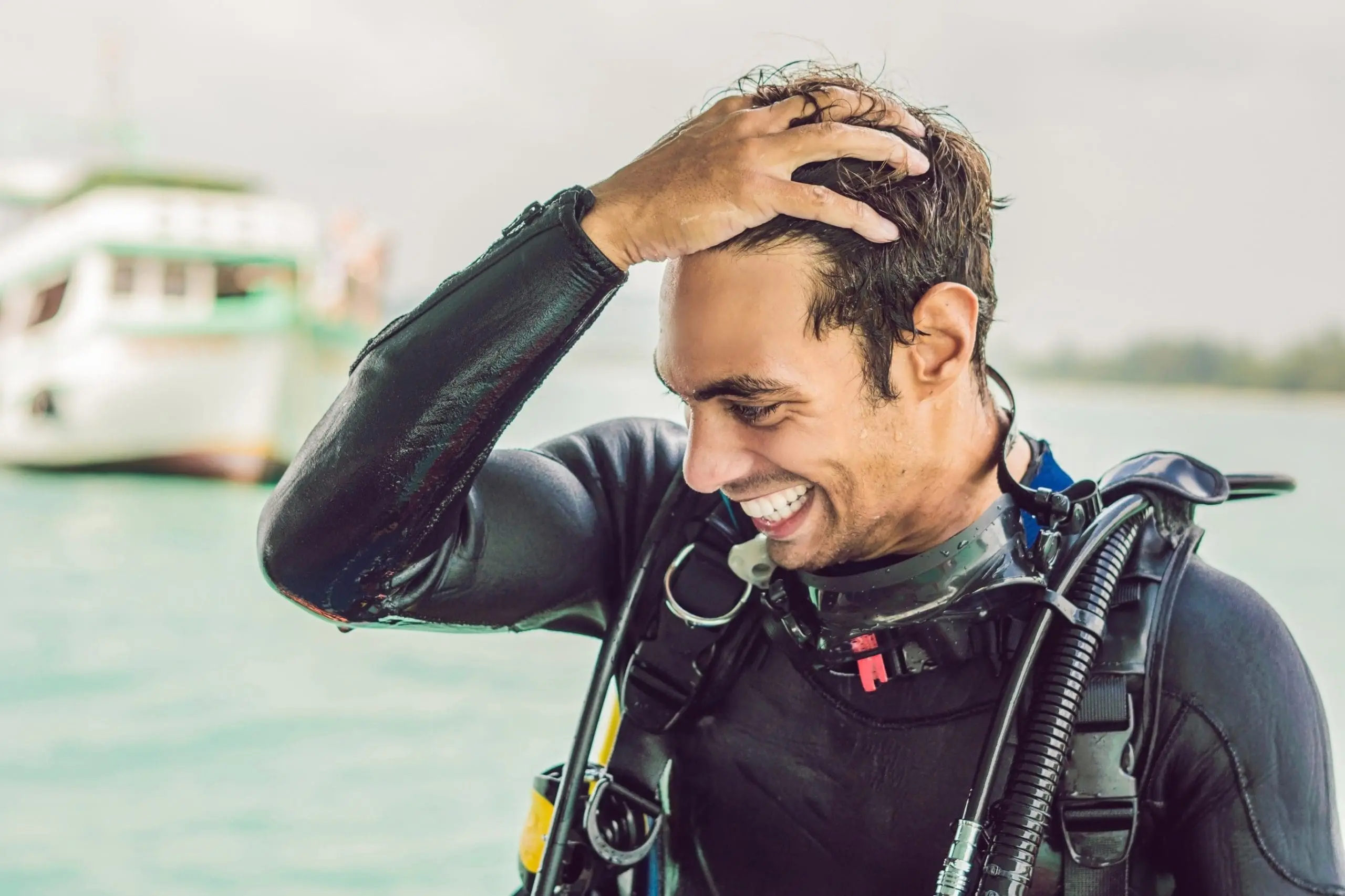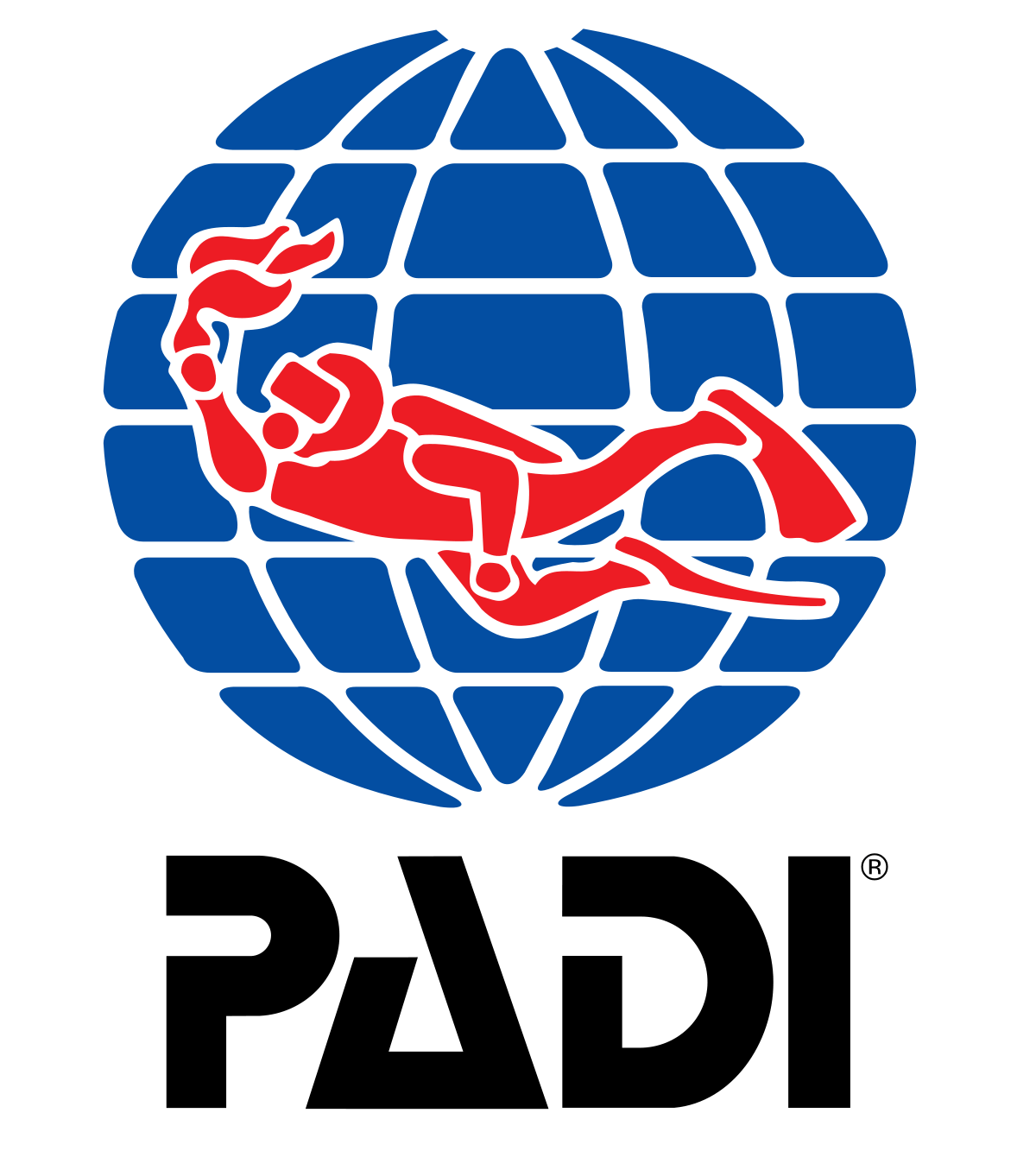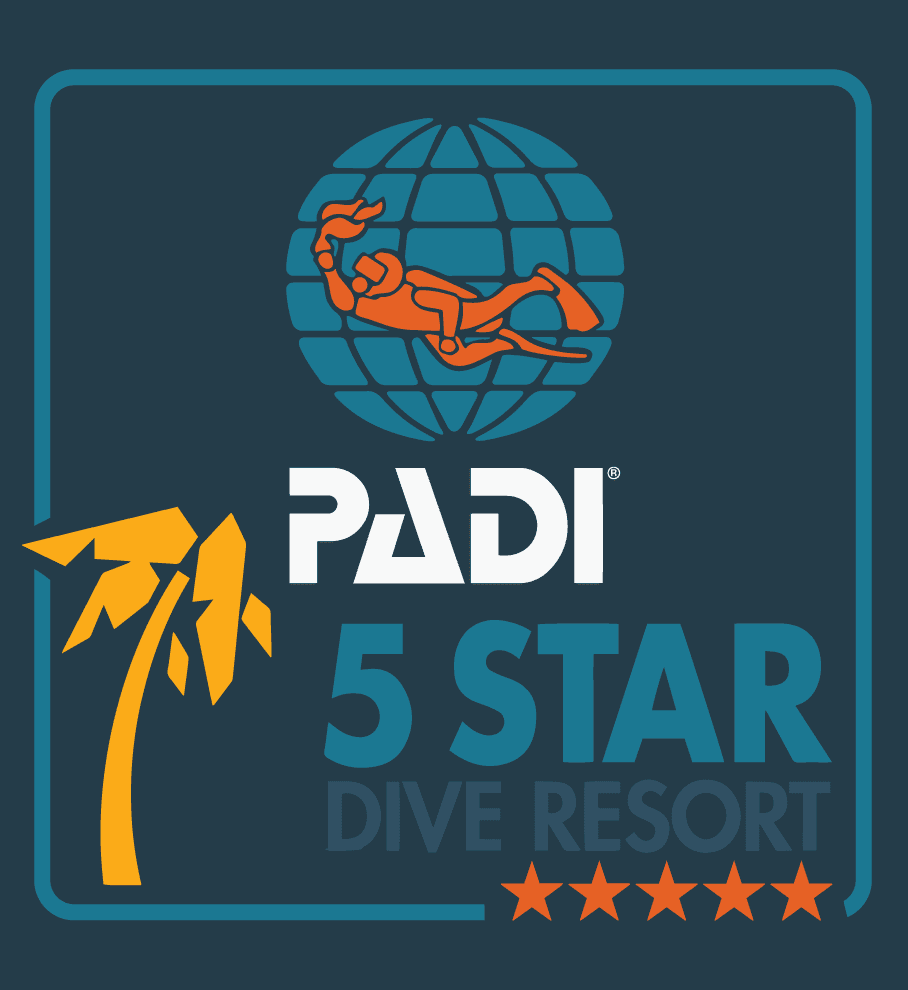I’ve Got My PADI Open Water Certification. What Next?
Firstly, huge congratulations for completing the PADI Open Water Certification. It is truly an achievement of a lifetime and the start of many incredible underwater experiences to come. There is no question that you have already become obsessed with scuba diving, and what is great is that the opportunities you have in the diving world from your PADI Open Water Certification onwards are endless.
Having earnt a PADI diving certification, you are now able to dive autonomously, meaning you can pick up a tank and dive anywhere in the world with a buddy. But fast forward, it can also be the start to a diving career. A path where you can turn your passions into reality and start earning money whilst doing what you love: scuba diving. You can become a PADI Open Water Scuba Diving Instructor, work in marine conservation or simply bring smiles to the faces of certified divers by being a fun and knowledgeable PADI Divemaster.
So you must be thinking, what should I do next? For sure you can gain more diving experience and scuba dive as many places as possible, but also you can continue your driving education by completing next level PADI courses: PADI Advanced Open Water and PADI Rescue Diver. The PADI Divemaster Course is your ultimate goal as it’s the first step to a diving career and the first step to become a PADI professional. For more information on the PADI learning pathway and the benefits of the PADI Divemaster Course, check out our blog PADI Divemaster Course – The Exciting Way to Start Your Scuba Diving Career. In this post, we have provided a 5 step guide on how to get from a newbie PADI Open Water diver to diving like a professional and be fully ready to pass the PADI Divemaster Course.
Now let’s break down the possible next steps after completing your PADI Open Water Diver Course.
Assess your current scuba diving skills
Upon completing the PADI Open Water certification, you may or may not feel ready to move straight into the PADI Advanced Open Water qualification. This depends on a few things: how confident and comfortable you are underwater, your diving technique including your breath and buoyancy control and if you have any general struggles with diving e.g. equalisation problems. Improving these takes practice therefore it is advised to gain more diving experience. Look into scuba diving in places that are beginner friendly, with calmer conditions and shallower points of interests. Most importantly enjoy. If it has been a while since your course, you may want to consider completing a PADI ReActivate, a refresher course that aims to get you back into scuba diving in a safe and confident way.
Complete your PADI Advanced Open Water Course
This course broadens your recreational diving skills allowing you to dive deeper and hone your diving technique. By many divers, this is considered the most ‘fun’ and rewarding course. You get to do 5 open water adventure dives which cover a range of specialities. These include a mandatory Deep Dive and Underwater Navigation, as well as three elective adventure dives that you will choose during your course. By the end of the course, you are qualified to dive to 30 meters / 100 feet, increasing your depth range and opening a whole new underwater world to discover.
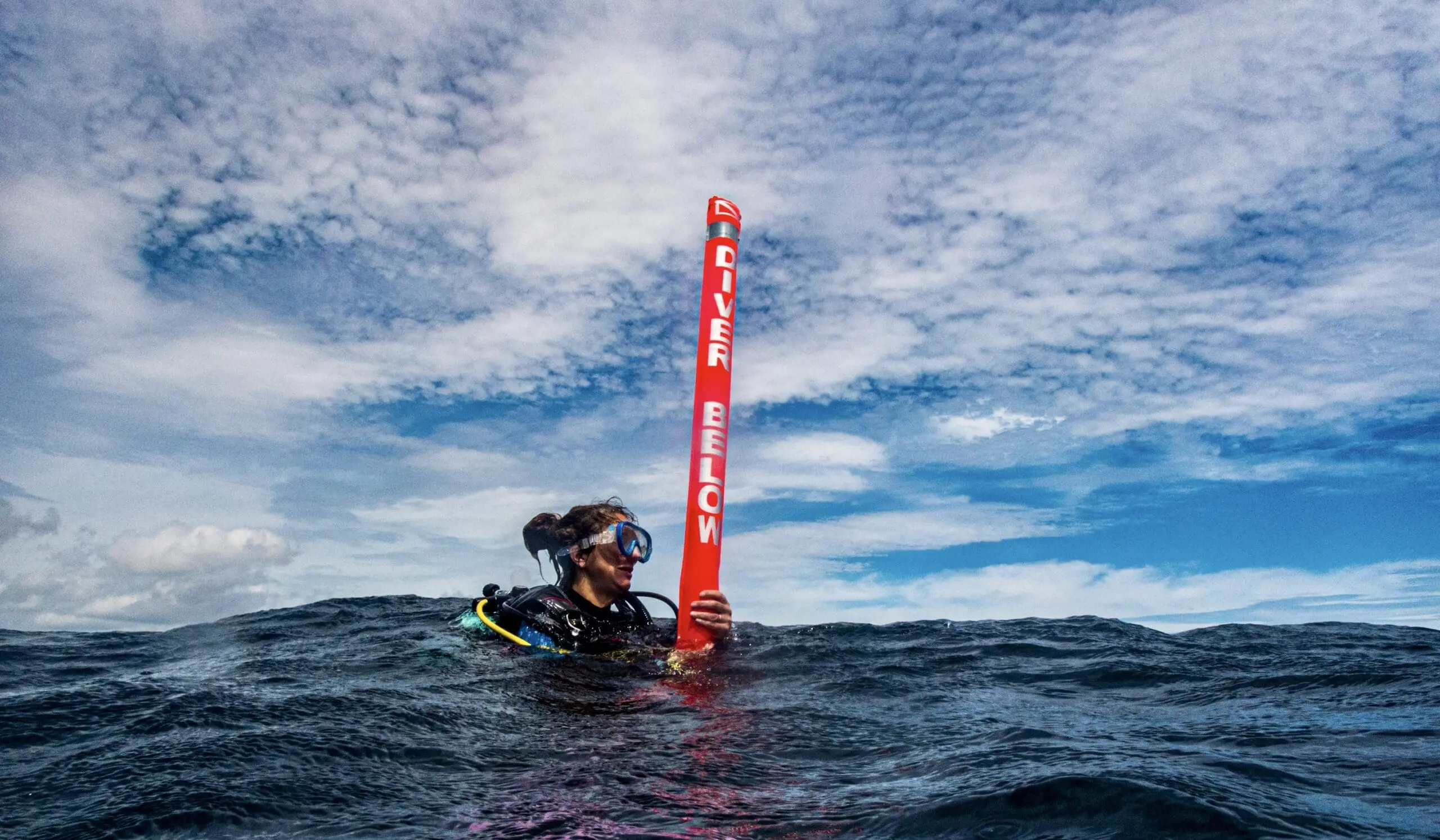
It’s also a good time to consider completing some PADI Speciality Courses that’ll allow you to enjoy diving even more. These also build your knowledge into other areas of diving that may be of interest to you e.g. Underwater Photography. The two most popular specialities to consider after completing the PADI Advanced Open Water course are: PADI Enriched Air (Nitrox) Diver and PADI Deep Diver.
Explore the world
After completing your PADI Advanced Open Water, diving becomes much more fulfilling. You will be able to access more dive sites as depth no longer limits you. You’ll also have the skills to dive in more challenging conditions, like night diving or drift diving. If you have also completed some specialities, you can dive with additional competencies e.g. Enriched Air (Nitrox) Diving, Wreck Diving. Therefore, this is the best time for you to travel. Explore and discover as many of the dive sites you can. This will enable you to practice your skills and further improve your diving technique. Additionally, it’ll create opportunities for you to build connections with other divers who you can also learn from. Immerse yourself in the world of diving and collect stories that you can later share with future customers, students and colleagues.
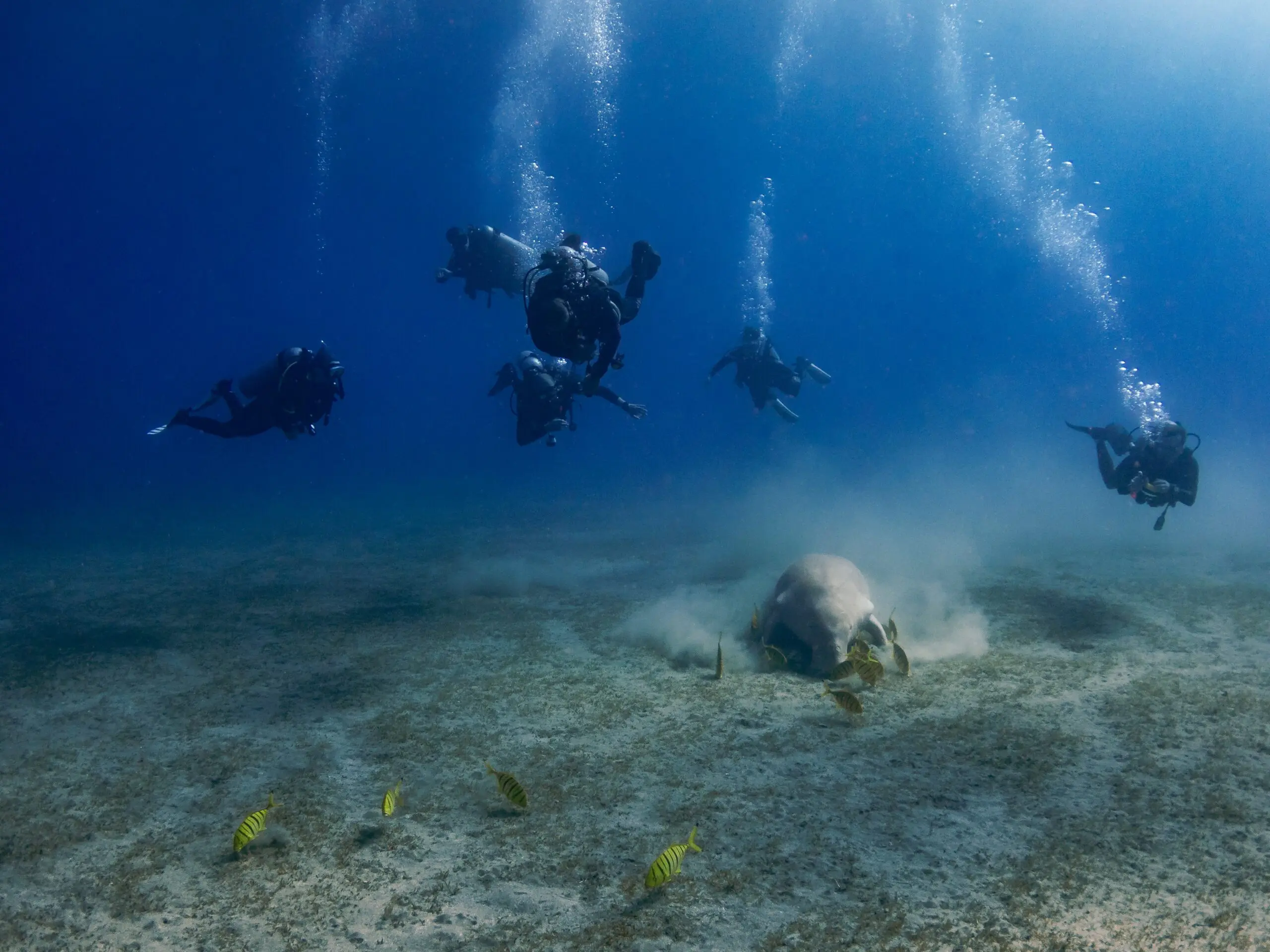
Tip: Whilst you are ‘fun diving’, try to be as autonomous as possible with your buddy. This means setting up your gear from time to time and doing buddy checks before dives. You’ll thank yourself for keeping up these skills. It’ll keep you diving safely and help you on your journey to becoming a professional scuba diver.
Complete your PADI Rescue Diver and EFR Course
Once you’ve built up your diving experience and have enjoyed a good amount of fun diving, it’s time to do the next PADI qualification: PADI Rescue Diver and EFR (Emergency First Response). This is the most rewarding course as you not only improve your own safety in diving, you also learn how to increase the safety of other divers. It is the first of the PADI courses that focuses on helping others in trouble, where you’ll learn how to solve problems underwater and invaluable emergency procedures.
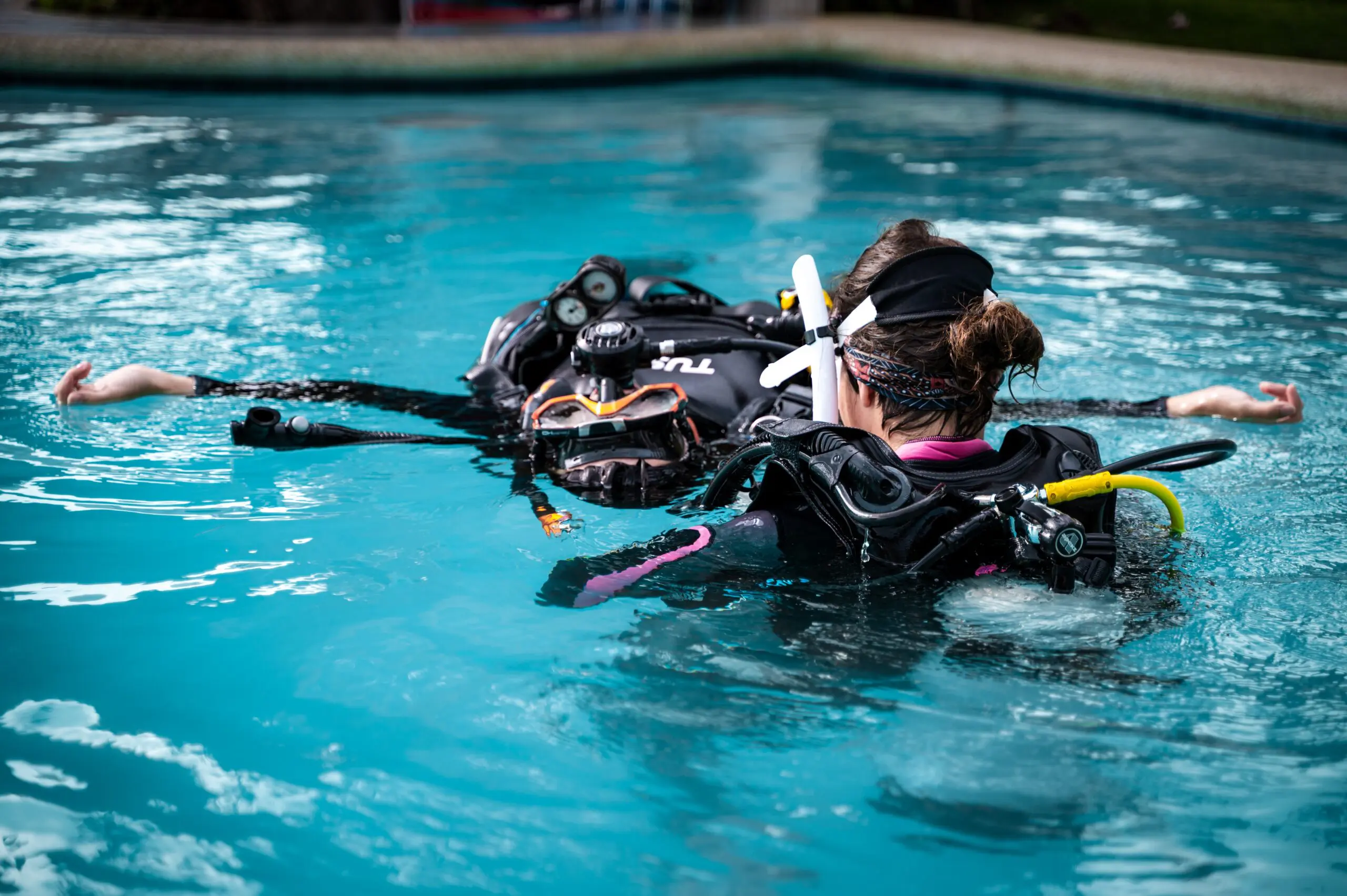
It is an extremely entertaining course as most of it consists of scenario based practice and rescue skills practice. So you’ll really have to be ‘saving’ people. You may find yourself having to hold your laughter at the “high level” acting skills of your instructor and other diving professionals.
Enrol in a PADI Divemaster Course or Internship
Now comes the most exciting part, enrolling onto a PADI Divemaster Course. By this point, you will have completed the required courses (PADI Open Water Diver, PADI Advanced Open Water Diver, EFR, PADI Rescue Diver) and the minimum prerequisite of 40 logged dives.
You can also prepare yourself for the course. For a guide on how to do so, check out our blog post: How to Best Prepare for Your PADI Divemaster Course. It’s now time to take the first step to your professional diving career, so you can begin your journey and make a living by doing what you love.
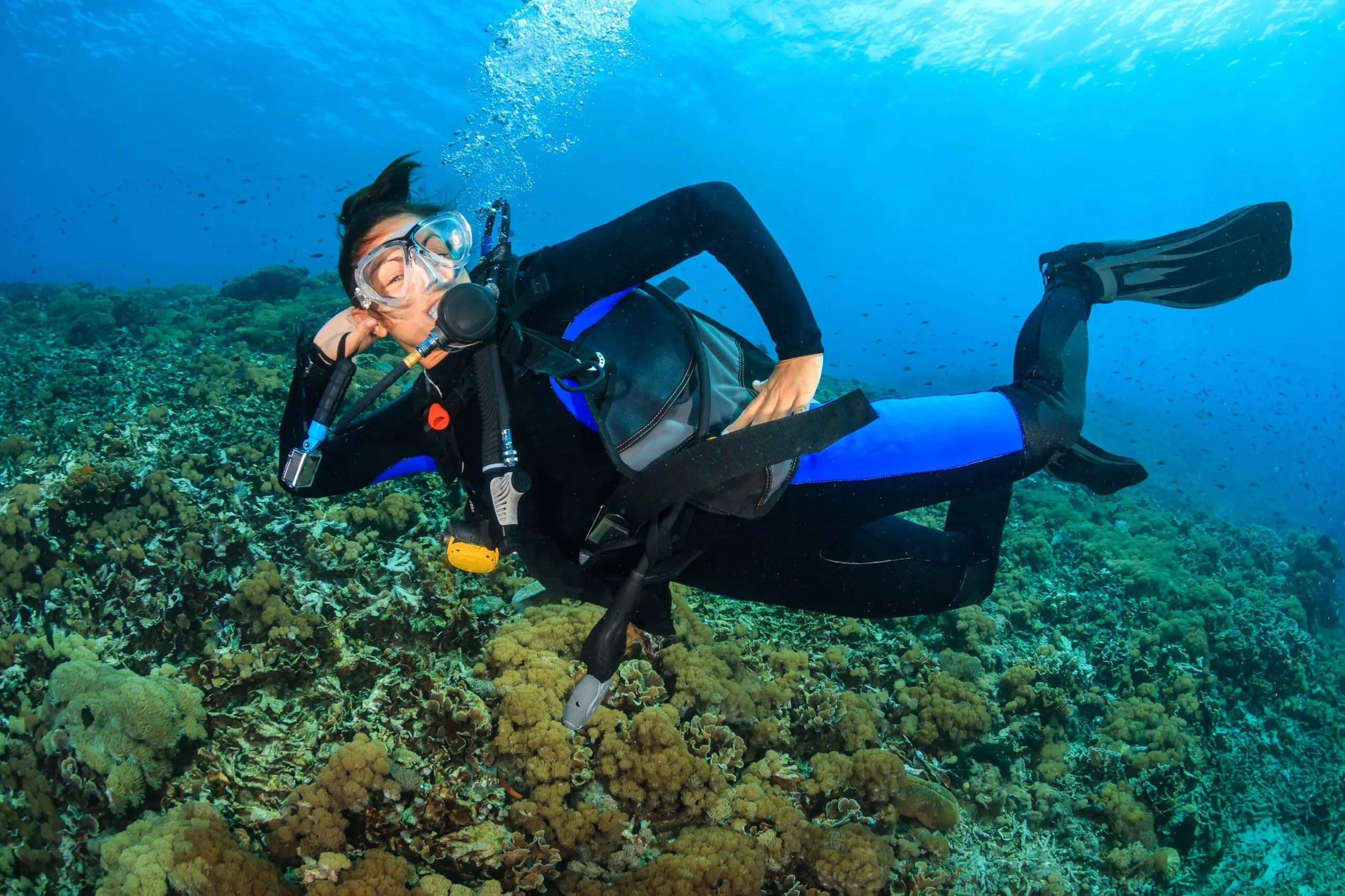
It is good to take some time to research which training provider you’d like to do your PADI Divemaster Course with. The course is extensive with advanced theory learning and practical training. It is also a longer course lasting a minimum of 4 weeks to complete. By the end of the course, you are expected to really be able to master your diving skills, be a professional in the industry and have good hands-on knowledge on the science and business of scuba diving. Also, you’ll be able to start working, therefore having an idea of future opportunities and responsibilities.
At Dive Pro Career, we offer tailored programs centred around your learning requirements and time frame. We specialise in PADI Divemaster training by providing you with the best resources on hand. This includes our supportive network of instructors, excellent diving facilities and work opportunities on completion. On top of this, you’ll be learning and living in paradise at the heart of the Philippines in Moalboal, Cebu. A world renowned diving hotspot famous for its all round large shoals of sardines. Check out our blog post: Why Moalboal Is the Best Place to Do Your PADI Divemaster Course?
Complete everything from Zero to Hero in our intensive PADI Divemaster Internship.
These 5 steps above are just one of the pathways you can take to become a PADI Divemaster. However, if you are looking for a more intensive course and have more time to spare at once, the PADI Divemaster Internship is for you. You can start this internship at any level as no experience is required and in a minimum of 2 months, you can become a PADI Divemaster. This internship provides you with all the necessary requirements as well as ongoing support from our dedicated team of instructors. At Dive Pro Career, we also offer unlimited, free fun diving with the Divemaster Course and throughout the Internship to enable you to practice your diving skills and gain experience underwater.
